It would be wrong to belittle the Rembrandt exhibition at the National Gallery of Victoria because the emphasis is on etchings and drawings with a few paintings to highlight the majesty of the work. Rembrandt was one of the greatest artists (in any medium) the world has seen. And if you leaf through Simon Schama’s Rembrandt’s Eyes you will be arrested by the drawings and etchings which tingle with the felt life of an artist whose capacity for dramatic realisation touches everything he ever sketched.
Already a subscriber? Log in
Subscribe for just $2 a week
Try a month of The Spectator Australia absolutely free and without commitment. Not only that but – if you choose to continue – you’ll pay just $2 a week for your first year.
- Unlimited access to spectator.com.au and app
- The weekly edition on the Spectator Australia app
- Spectator podcasts and newsletters
- Full access to spectator.co.uk
Unlock this article
You might disagree with half of it, but you’ll enjoy reading all of it. Try your first month for free, then just $2 a week for the remainder of your first year.

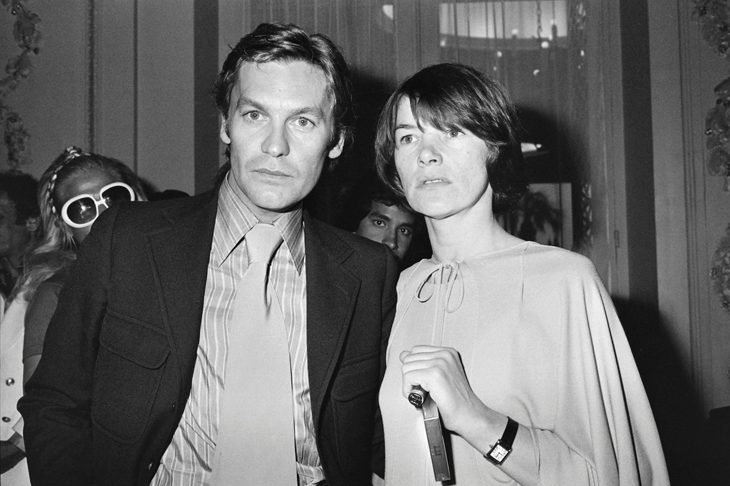
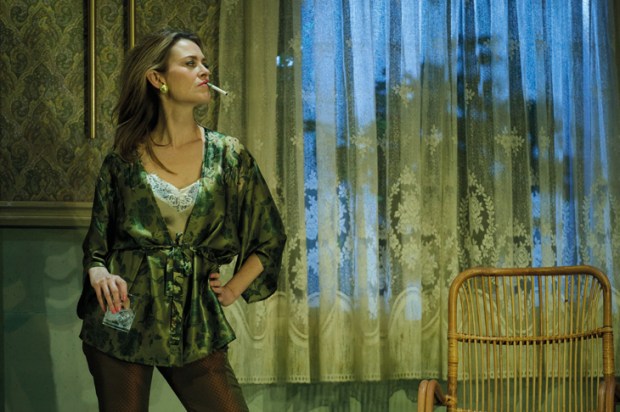
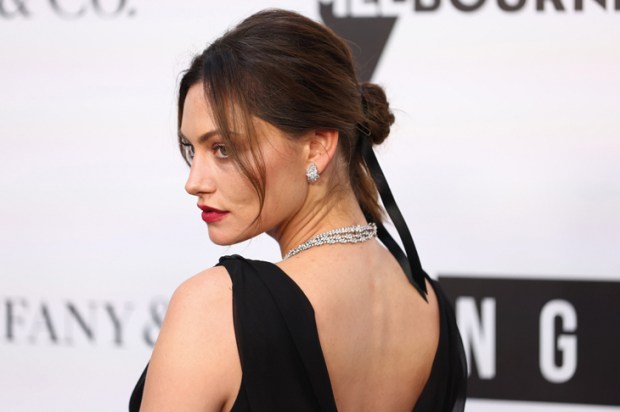
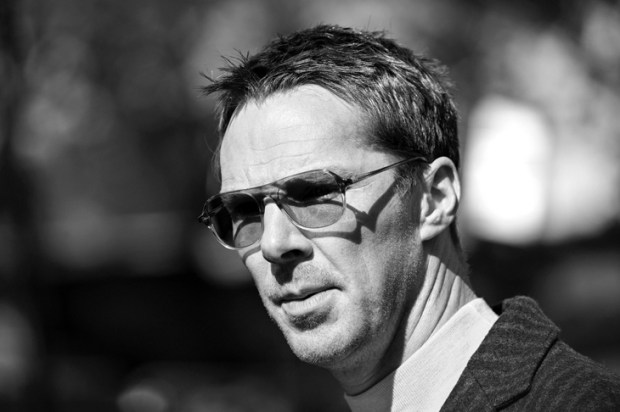
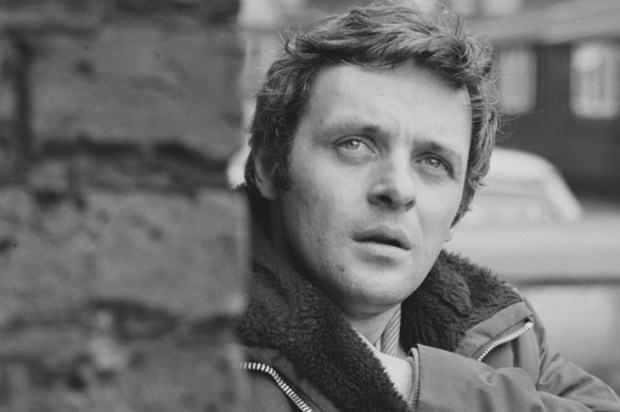
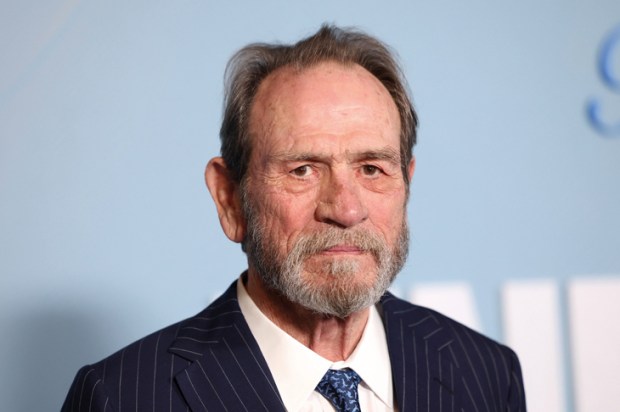
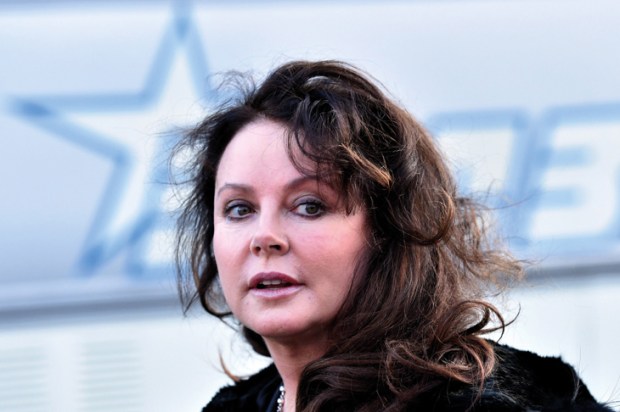






Comments
Don't miss out
Join the conversation with other Spectator Australia readers. Subscribe to leave a comment.
SUBSCRIBEAlready a subscriber? Log in